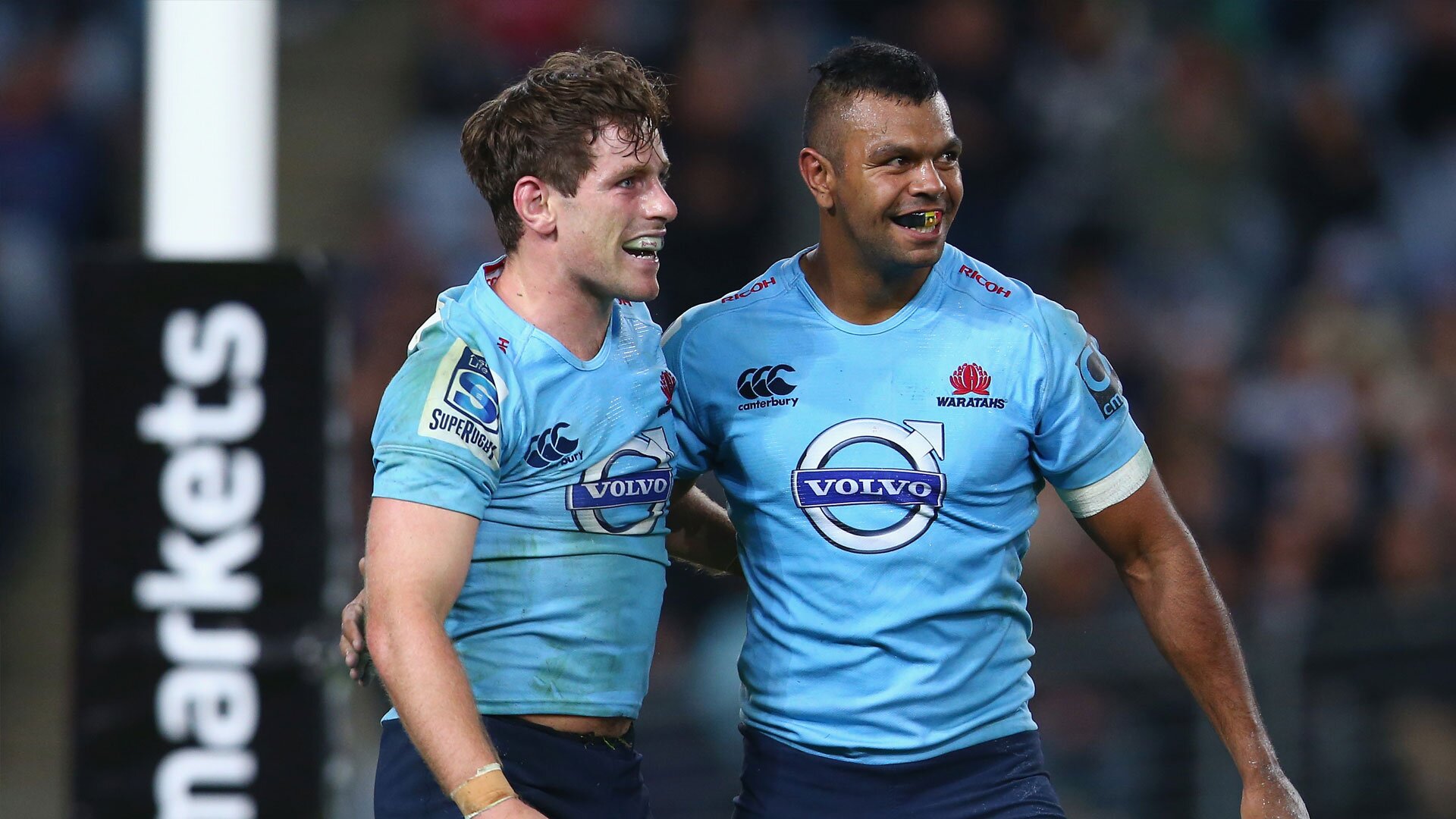Waratahs quash any talks of an early player exodus

Former Wallabies halfback and NSW Waratahs backs coach Chris Whitaker says there’s’ no talk at the Tahs about another potential exodus of talent overseas despite the woes besetting Australian rugby.
Rugby Australia’s parlous financial state and the recent round of savage pay cuts for players sparked suggestions and fears among some that even more talent might head offshore.
Several Test veterans headed overseas after the 2019 World Cup, and the Tahs’ utility back Kurtley Beale will join them later this year.
In recent years even players in their prime like backrower Sean McMahon and centre Samu Kerevi opted to leave Australia
The Tahs were hit harder than most following the 2019 season with Sekope Kepu, Nick Phipps, Bernard Foley, Curtis Rona,Tolu Latu and Adam Ashley-Cooper all leaving.
https://www.instagram.com/p/CAEFXFng5zX/
Whitaker, who spent four seasons with powerhouse Irish province Leinster after leaving NSW, isn’t concerned about another wave of departures.
“The challenge is to build a program where the guys want to stay and they want to play for NSW,” Whitaker said.
“We’ve got guys in the team that are still living at home, we’ve got guys who are married with kids, so everyone’s needs are different.
“Some guys are studying and doing exams as well, so you’ve got to make leeway around what players’ needs are and you adapt.
“But at the moment there has been no real talk about people wanting to leave or a mass exodus or anything like that
“We’re quite lucky in that the majority of our squad is quite young and they’re all super keen to impress and get a spot.
“That’s rubbing off on a few of the senior guys as well.”
While Australian rugby is enduring a turbulent period off the field, Whitaker viewed the situation as a chance for the code to come up with a more attractive product.
“Right now we have an opportunity to go a different direction with the game,” Whitaker said.
“It’s an opportunity to liven the game up, get more interaction between the coaches during the game, make it more of a spectator kind of sport.”
With head coach Rob Penney in quarantine in Sydney after returning from New Zealand, and forwards coach Matt Cockbain in Melbourne, Whitaker has been supervising a lot of the side’s work since they returned to training last week.
He spent up to nine hours a day in Zoom meetings and has remained in regular contact with Penney.
– Adrian Warren
































































